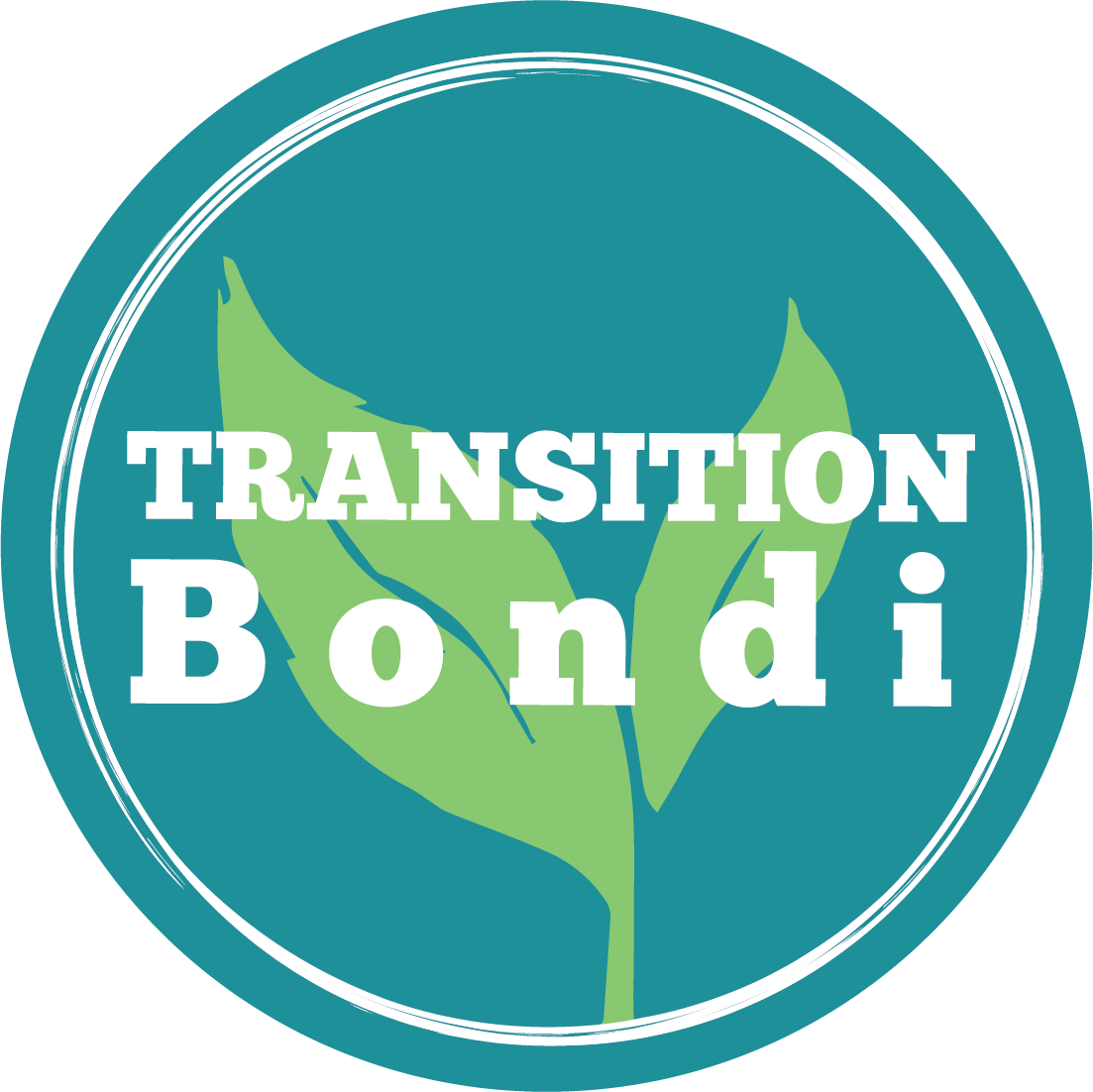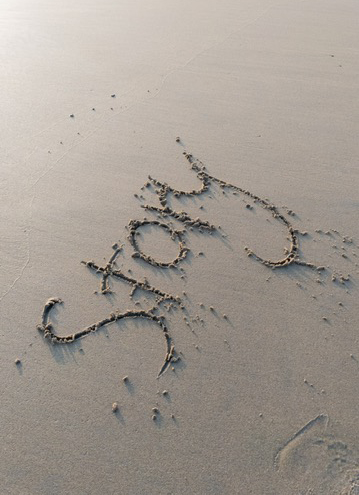ENVIRONMENTAL LIFE STORIES
Stories (or ‘Narratives’) are spoken about a lot these days as an important way to engage people in communicating and in changing their behaviour. Telling one’s life story is an interesting thing to do to get to know each other well. And telling our ‘environmental life story’ is likewise an enticing way of hearing about what has motivated people to be on the ‘path’ of caring for the environment. For both teller and listener it is a heart-warming thing to do. Give it a go!
My own ‘environmental life story’ would go something like this:
Growing up in ‘the country’ on a sheep property I relished being outside in the natural world. There was so much to explore and observe:
- contact with animals, birds and all sorts of other creatures was a daily pleasure
- being outdoors so much, the weather and seasons were felt directly by those working there
- the sense of distance as one looked at the horizon was internalised as an inner spaciousness
- hearing the wind in the tops of the wind break (tall pine-trees) spoke of a big world far beyond our place in the countryside.
Being that way inclined, I loved seeing the cycle of life in discovering insects under the bark of trees at different stages of development, helping with the lambing, by feeding orphaned lambs at home, being part of the activity in the vegetable garden, planting seeds and seeing how animals are born, grow and die.
Seeing the impact of humans on the land was an early lesson. Without Municipal garbage collection (we lived 20 miles from town), cans and bottles were dumped in an eroded dry creek bed, an abhorrent sight for a child.
Another significant event was this when I was about 11: I remember one day we were making the long trip to Sydney (a four hour drive), and on the edge of the city I saw paddocks full of cars parked in rows….new cars for sale. Again, the sight repelled me, an industrial eye-sore standing in the middle of paddocks. My mind made the connection between the need for the car-yard and the fact that we too were driving a car. If I don’t want ugly car-yards to exist (I got to thinking) then we must not drive cars. The activist’s philosophy here was the stark one of answering the pressing question “What can I do to help the situation?” That question still drives the practice of reducing my footprint, though I’ve come to moderate the extreme conclusions of my younger years. Yes, cars need to exist, but not everyone needs to own one.
My life has followed the path of minimising my footprint; always thinking before purchasing something….what waste will be left behind and how do I dispose of it?
Being involved with Transition Bondi for over a decade has helped me deepen my understanding and escalate my behaviour in the area of care of the environment. And after a professional life of teaching communication skills to marginalised populations (migrants, refugees, deaf and hearing-impaired, and prisoners) I am very interested in how communication approaches affect behaviour. And I am beginning to understand the inextricable connection between social and political hierarchies like racism and classism (reinforced by the economic system and competition) and the degradation of the environment. The wealthy white ‘West’ is not taking great steps to help the millions of brown people living on coastal areas of the Pacific and Pakistan for instance, as extreme weather events and rising sea levels impact them so devastatingly.
Slowly, recognition is dawning on white Australia, that the people who know best about looking after the planet are the Indigenous people. Their age-old survival is all the evidence required, to persuade others of the significance of their approach to caring for Country: managing forests, using cool burning, understanding ecosystems, and seeing themselves as custodians not owners of land, sea, and sky.
A recent NENA (New Economy Network Australia) webinar on the importance of recognising and using Narratives listed these probing points:
STORIES shape:
- the way we see the world
- how we process and how we seek to understand
- how we think about change
- how we go about change
- how we shape the questions we dare ask
- how we react to questions
- the agenda on the table
- our cognitive bandwidth
- the permission that we give ourselves
- what’s in our mind
Plenty of food for thought there; and room for raising awareness of our own – and everyone’s – minds and how they work, as we grapple with how to live in this era.
Kit Shepherd
Convenor, Transition Bondi
September, 2022

